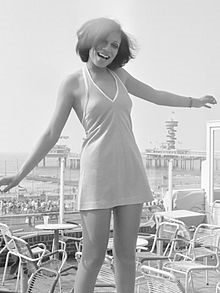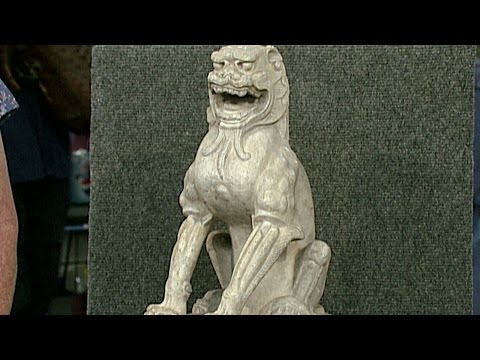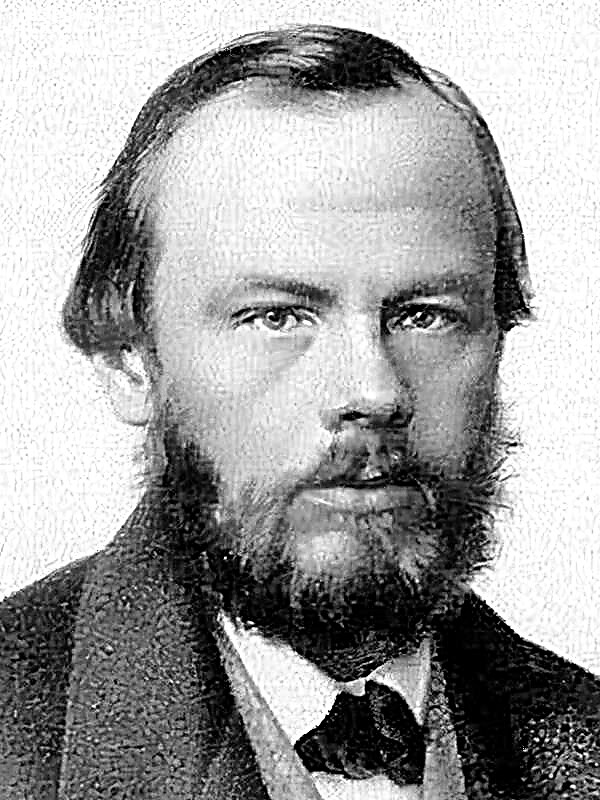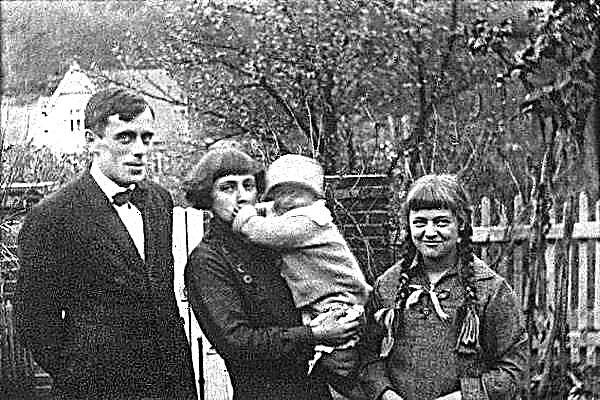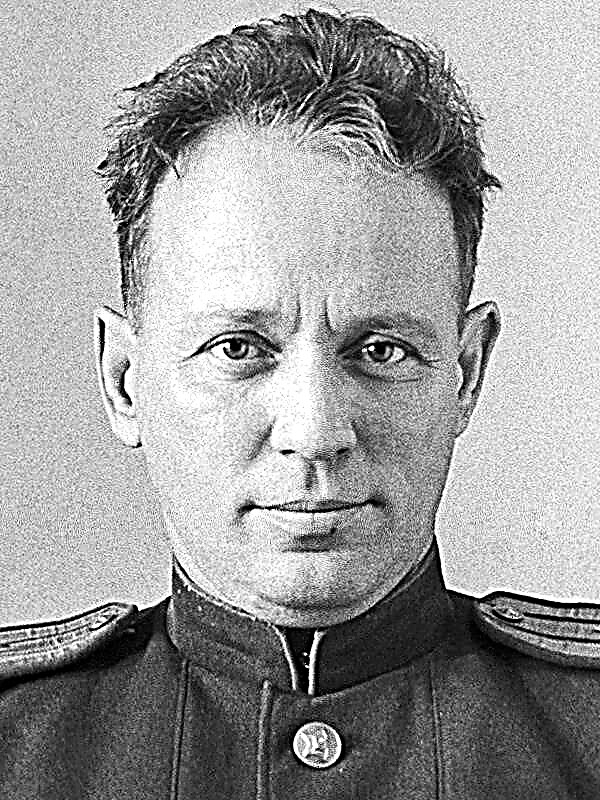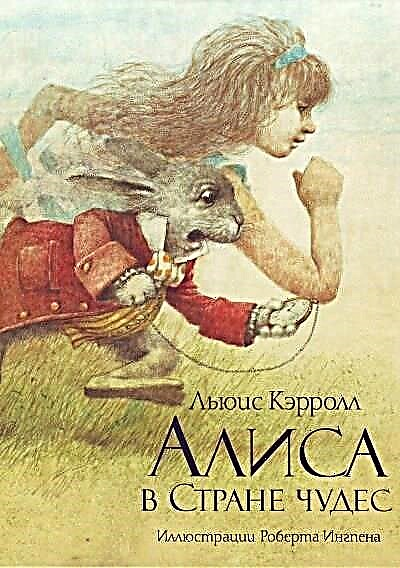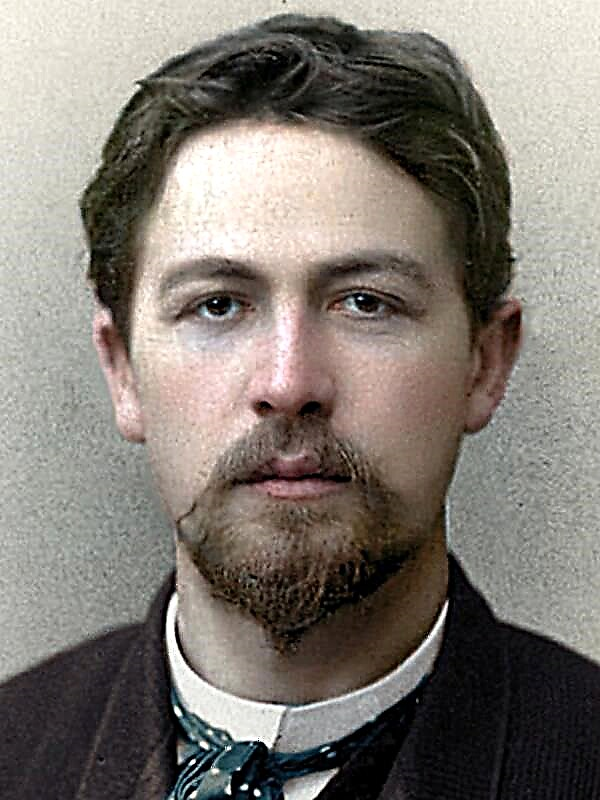The beginning of the 20s. Petersburg, painted "greenish, flickering and blinking, terrible color, phosphoric." The author, appearing in the preface, ends his opening speech with the words: “I do not like Petersburg, my dream has ended”.
The hero of the novel, Teptyolkin, is a “mysterious creature” - long, thin, with graying dry hair, always immersed in dreams and thoughts. "The beautiful groves were fragrant for him in the most stinking dreams, and the cutesy statues, a legacy of the eighteenth century, seemed to him shining suns from Pentelian marble."
Among his friends - an unknown poet, Kostya Rotikov and Misha Kotikov, Marya Petrovna Dolmatova, Natasha Golubets, The city was terribly and strangely transformed. Teptyolkin lives on Second Street of the Village Poor. "The grass grew between the stones, and the children sang obscene songs." In this almost unfamiliar city, in a new unknown world, friends are trying to find a place for themselves. They dream of remaining an island of the Renaissance among people living according to different laws. Teptyolkin rents a cottage tower in Peterhof, where friends talk about the sublime. “We, the only ones we retain are the lights of criticism, respect for science, respect for man ... We are all in a high tower, we hear how violent waves beat against granite sides,” Teptyolkin said to the audience. The tall gray-haired philosopher plays an old melody on the violin, and it seems to friends that they are "terribly young and terribly beautiful, that they are all terribly good people."
But the course of life picks them all up. And now Misha Kotikov, a fan of the recently drowned artist and poet Zaevfratsky, marries his widow, silly and pretty Ekaterina Ivanovna, and becomes a dentist. Kostya Rotikov, an art connoisseur who reads Gongoru in the original and subtly discusses baroque, “lush and somewhat crazy style”, collects bad taste (“The whole world was quietly turning for Kostya Rotikov into bad taste, amenity to Carmen’s images on candy paper was delivered to him more, a box, rather than pictures of the Venetian school, and dogs on the clock, from time to time sticking out their tongues than the Fausts in literature ”). Natasha marries Kandalykin’s technician, a vulgar and a prude. Teptyolkin abandons the work of his life "Hierarchy of Senses" and earns by lecturing on the need of the day. Maria Petrovna, who became his wife, turns from a poetic young lady into a very practical housewife. An unknown poet, keenly sensitive to reality and unable to compromise, commits suicide. The poet September, having recovered from a mental disorder, becomes deaf to his own poems, written during his illness ("From my soul do not take my eyelashes / High eyes of your soul").
Marya Petrovna is dying. And after her death Teptyolkin became "not a poor club employee, but a prominent, but stupid official." He shouts at his subordinates and is terribly proud of his position. The novel concludes with an afterword, where the author reappears. He and his friends "argue and get excited and make toasts for high art that is not afraid of shame, crime and spiritual death."
In the final part of the novel, the author and his friends “leave the tavern for a lovely spring night in St. Petersburg, which sweeps souls over the Neva, over palaces, over cathedrals, the night is rustling like a garden, singing like a youth, and flying like an arrow, which has already passed for them”.

